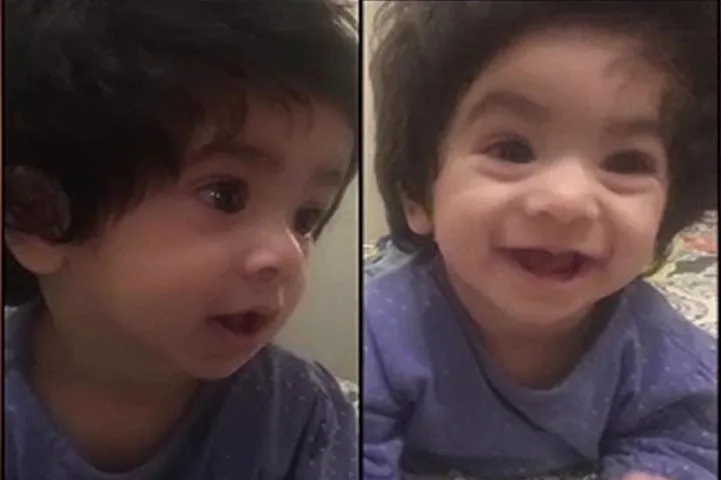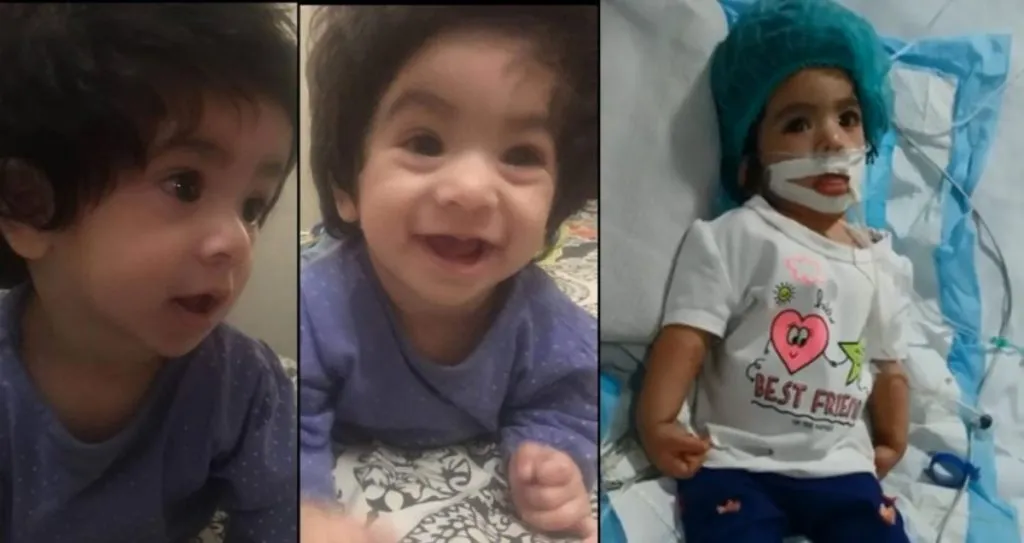
Let us all take a moment and look at this little girl.
Look at her smile. Look at those soft, bubbly cheeks. Just a glance at the picture tells me they would feel like down. And those sweet, sweet curls! Just look at them…
Now realize that this girl might die. Because of a mistake.
This is Nashwa, a nine-month-old girl brought to Darul-Sehat Hospital in Karachi for the treatment of diarrhea. Instead, following criminal negligence by a nurse, she’s now fighting for her life. Can you imagine something that small on the brink of death? I don’t know if I can.

And what is the response from those in charge? After the news broke out on different channels and got plastered all over social media, the authorities stirred from their lethargic sleep and moaned a few half-hearted words of condolence. It took the father filing a complaint, with an entourage of reporters, to push the powers-that-be into frenzied action. But only to save their own.

A senior police officer had the nerve to tell this grieving, terrified father that if he didn’t let go of the matter no one would face the consequences but him and his family. Can you imagine being in an ICU with your tiny daughter strapped to tubes and whirring machines, and a man comes in and tells you to stop complaining or it would get worse? That’s what this father went through.
But that’s not all. A few days later, the owner of that despicable hospital comes to Nashwa’s father again, this time accompanied by a senior political figure, to reach a settlement and shut the matter down.
Isn’t it enough that this hospital was allowed to almost snuff out a tender life? Must we now insult this grieving man by pushing him over the edge? Because this isn’t an isolated case. Instances of political pressure stamping down on legitimate injustices are well documented. Pakistan has even borne witness to a man watching his infant daughter die in his arms due to the blockade for a prominent politician’s protocol, then come before the media in the evening with that same politician’s warning hand on his shoulder and, in a weak voice, forgive that murderer for his crime.
This country has seen it all. We have seen it all.
I wonder when it will be enough.
—Aqsa